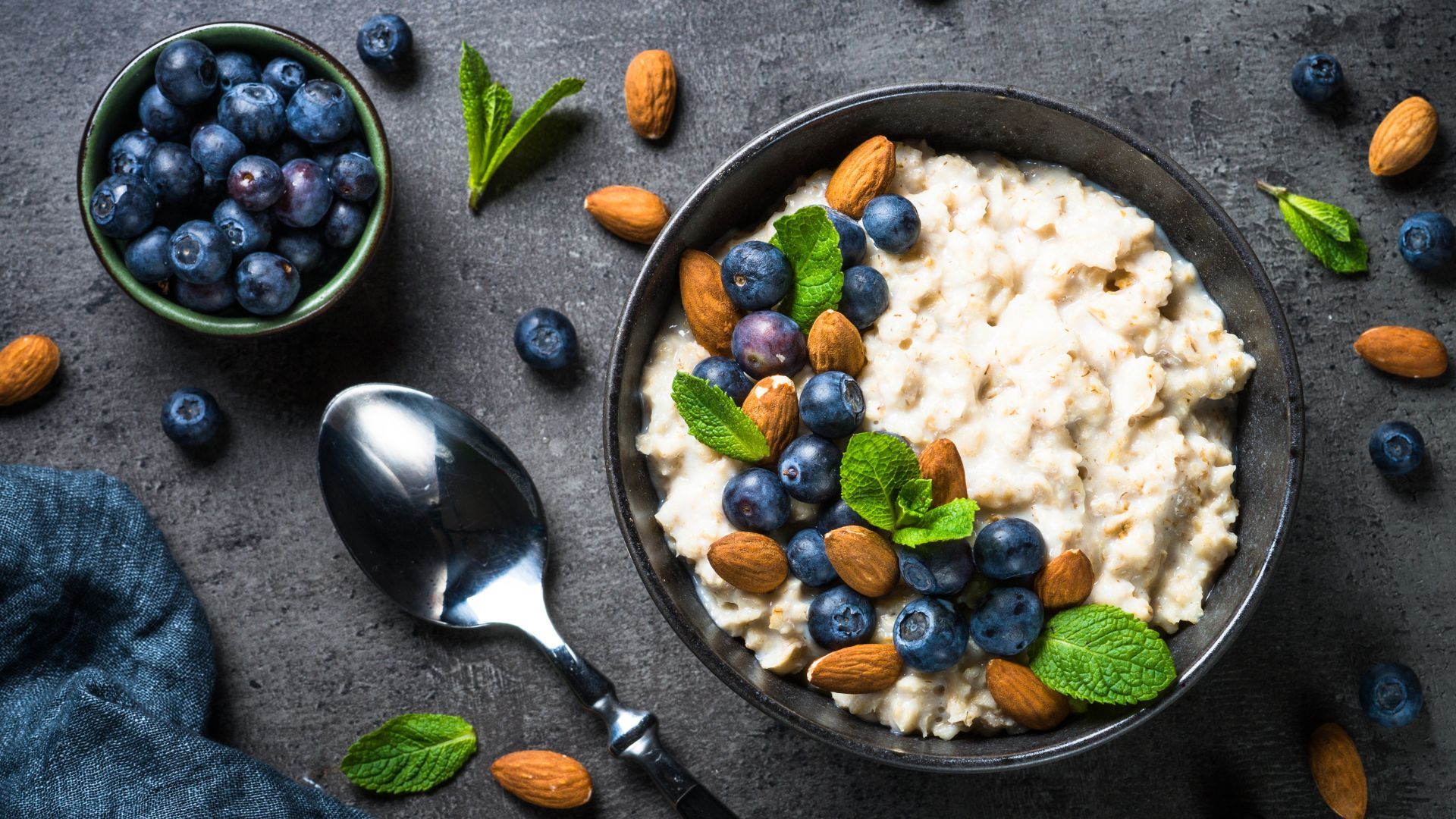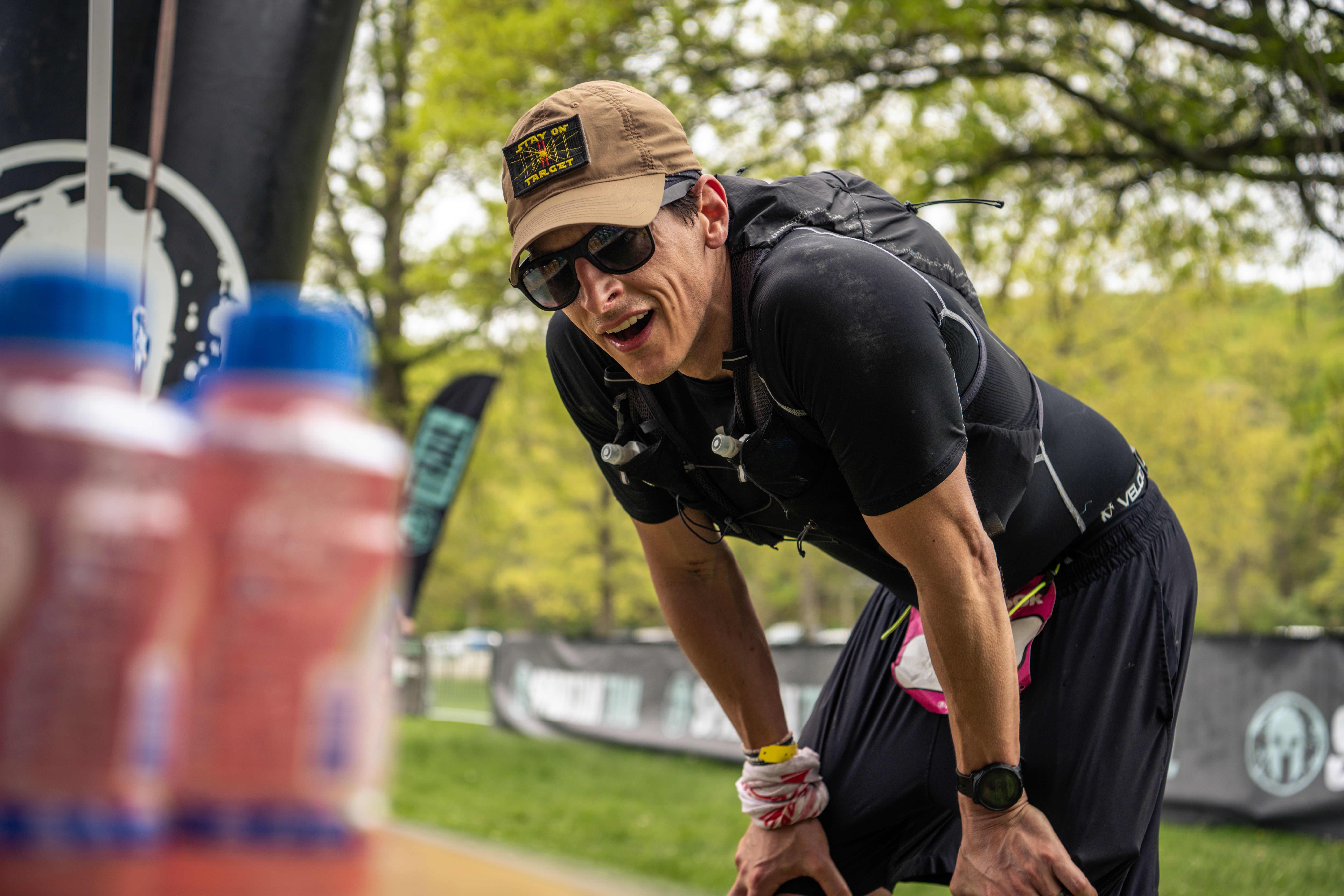Alimentación para carreras largas

Fueling properly for long runs can make a significant difference in your performance and overall experience. Whether you’re preparing for a local trail race or gearing up for a major event like the Golden Gate Trail Classic, understanding how to fuel your body is essential. Here are some key tips to help you fuel effectively for your long runs.
1. Pre-Run Nutrition
Start with a Balanced Meal: A few hours before your run, have a meal that includes a balance of carbohydrates, protein, and fats. Aim for foods that are easily digestible and provide sustained energy. Examples include oatmeal with fruit and nuts, a whole-grain sandwich with lean protein, or a quinoa salad with veggies and avocado.
Hydrate Well: Proper hydration begins long before your run. Drink plenty of water in the hours leading up to your run to ensure your body is well-hydrated. Consider having a sports drink to boost your electrolyte levels if you’re planning a particularly strenuous run.

2. During the Run
Fuel Regularly: On runs longer than 60 minutes, it’s crucial to replenish your energy stores regularly. Carry energy gels, chews, or bars that are easy to consume on the go. Aim to consume 30-60 grams of carbohydrates per hour, depending on your body’s needs and the intensity of your run.
Stay Hydrated: Bring a hydration pack or handheld bottle to sip water regularly. For runs longer than 90 minutes, include an electrolyte drink to maintain your sodium levels and prevent cramps.
Listen to Your Body: Everyone’s fueling needs are different. Pay attention to how your body feels and adjust your intake accordingly. If you start to feel sluggish, it might be time to take in more carbohydrates.

3. Post-Run Recovery
Refuel Quickly: After a long run, your muscles are primed to absorb nutrients and begin the recovery process. Aim to consume a mix of carbohydrates and protein within 30 minutes of finishing your run. Good options include a smoothie with protein powder, yogurt with fruit and granola, or a turkey sandwich on whole-grain bread.
Rehydrate: Continue to drink water after your run to replace any fluids lost through sweat. Adding an electrolyte drink can also help restore your body’s balance and aid in recovery.
Eat a Balanced Meal: Within a few hours post-run, have a balanced meal to further replenish your glycogen stores and support muscle repair. Focus on whole foods rich in nutrients to give your body what it needs to recover.

4. Experiment and Adapt
Practice Your Fueling Strategy: Don’t wait until race day to try out new fueling strategies. Practice during your training runs to find out what works best for you. This includes experimenting with different types of fuel, timing your intake, and figuring out the right amounts for your body.
Adjust for Conditions: Be prepared to adjust your fueling strategy based on the conditions of your run. Hot and humid weather may increase your hydration needs, while cooler temperatures might reduce them. Similarly, a more challenging trail might require more frequent fueling.
Keep a Journal: Keep track of what you eat and drink before, during, and after your runs, along with notes on how you felt. Over time, this will help you refine your fueling strategy and understand what works best for your body.

Fueling for long runs is a key component of successful trail running. By following these tips and paying attention to your body’s needs, you can ensure you have the energy to tackle any trail and enjoy the journey. Happy running!